We may earn money or products from the companies mentioned in this post. This means if you click on the link and purchase the item, I will receive a small commission at no extra cost to you ... you're just helping re-supply our family's travel fund.
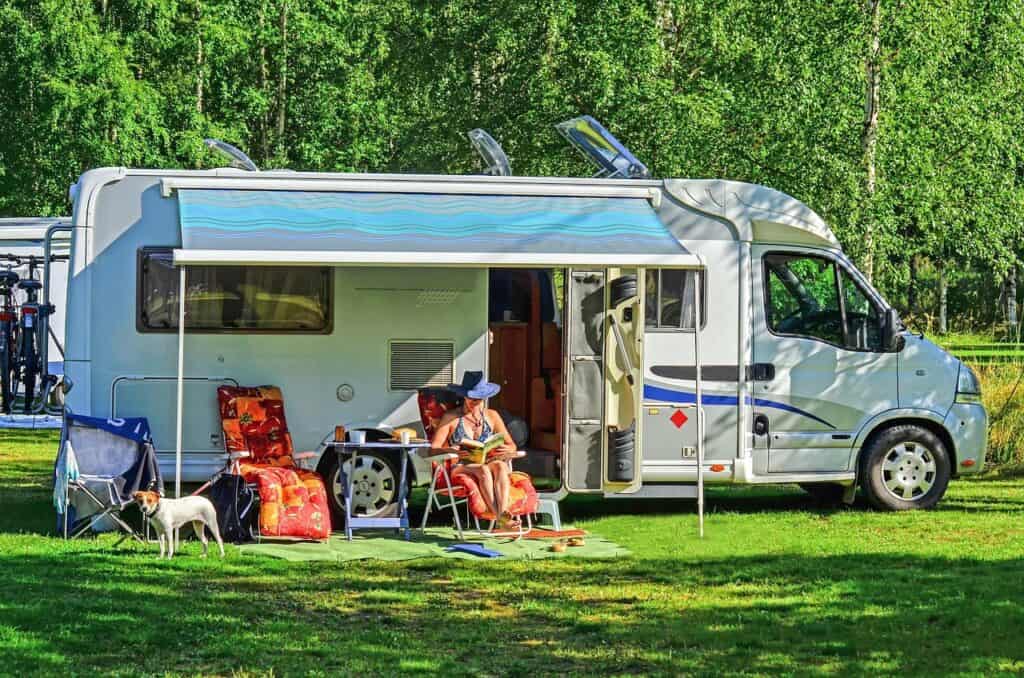
RV travel feels freeing, but freedom comes with responsibility. Many people unknowingly break rules that can lead to fines, safety issues, or conflicts with other travelers. Whether it’s small campground courtesies or actual state laws, overlooking them can turn a trip sour. Knowing the basics keeps your RV adventures safe, legal, and enjoyable. Here are 14 common RV rules people often break without realizing, and why it’s worth paying attention to each one.
1. Overstaying Your Campsite Reservation
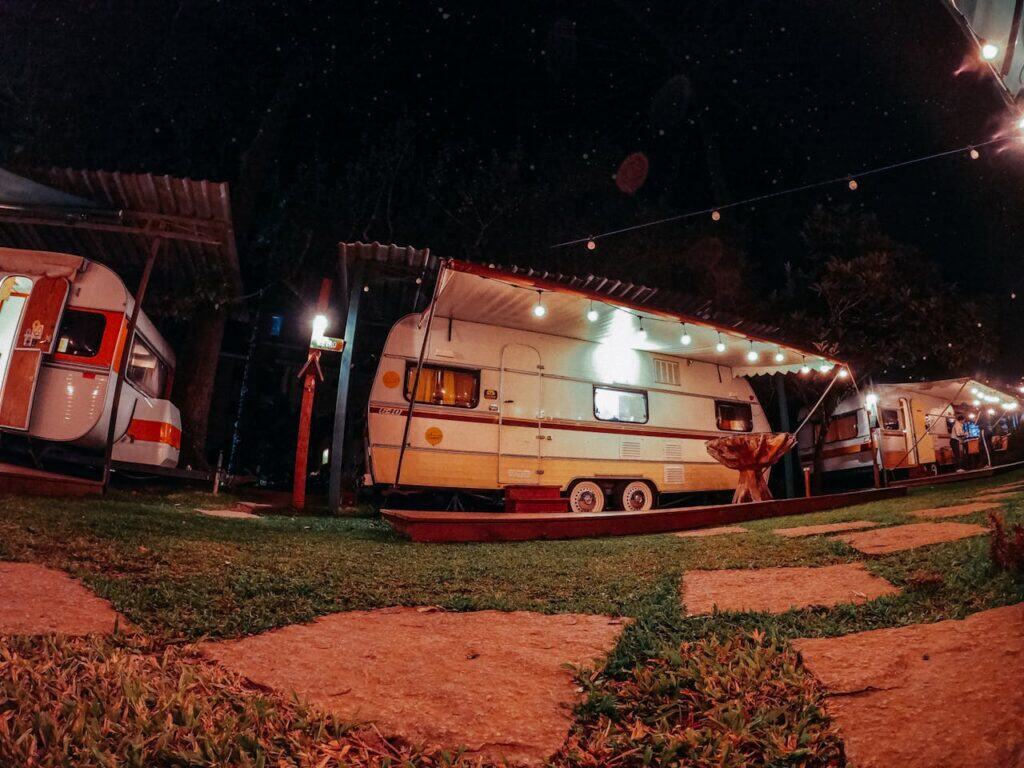
It’s easy to lose track of time when you’re enjoying a trip, but overstaying your reservation is a bigger problem than many RVers realize. Campgrounds run on tight schedules with new guests arriving daily, so when you stay late, you’re holding up their check-in. Even if the site looks empty, there may be someone waiting. Staff might tack on extra fees or even ban repeat offenders. The best fix is simple confirm with the office if you need more time instead of assuming you can squeeze in extra hours.
2. Dumping Tanks in the Wrong Place
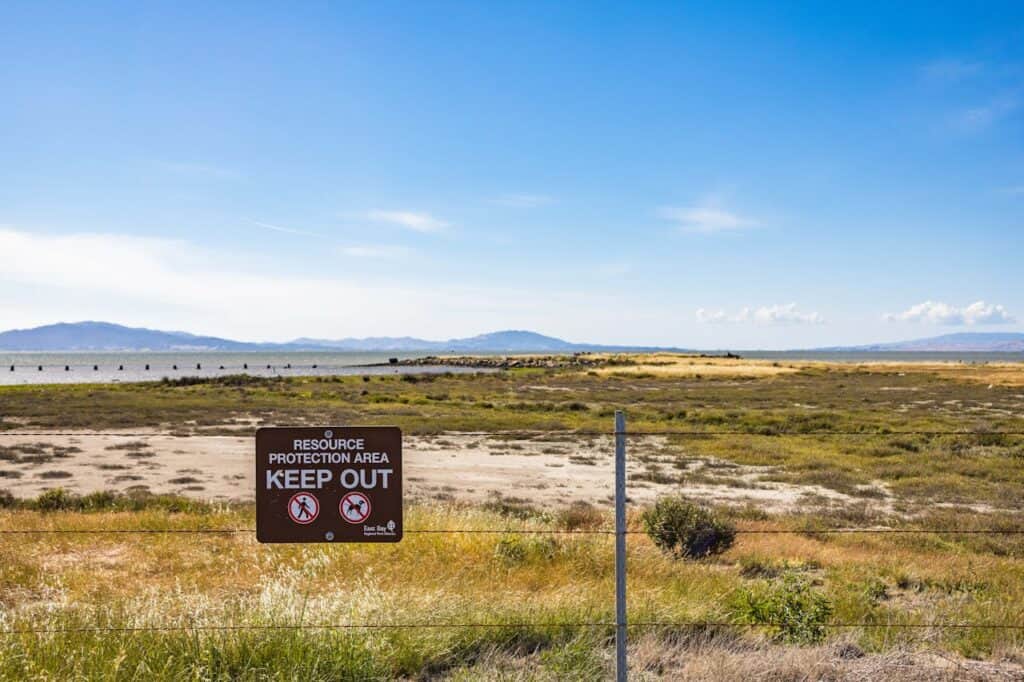
Some RVers mistakenly think it’s fine to empty tanks wherever water drains, but dumping gray or black water anywhere outside a station is illegal and environmentally harmful. Wastewater carries bacteria and chemicals that can damage soil and waterways, and fines can be steep if you’re caught. That’s why every responsible RVer uses official dump stations and comes prepared with gloves, hoses, and cleaning gear. Treat the process like part of your trip routine. Doing it right keeps campgrounds clean and safe while protecting the land for future travelers.
3. Ignoring Generator Quiet Hours
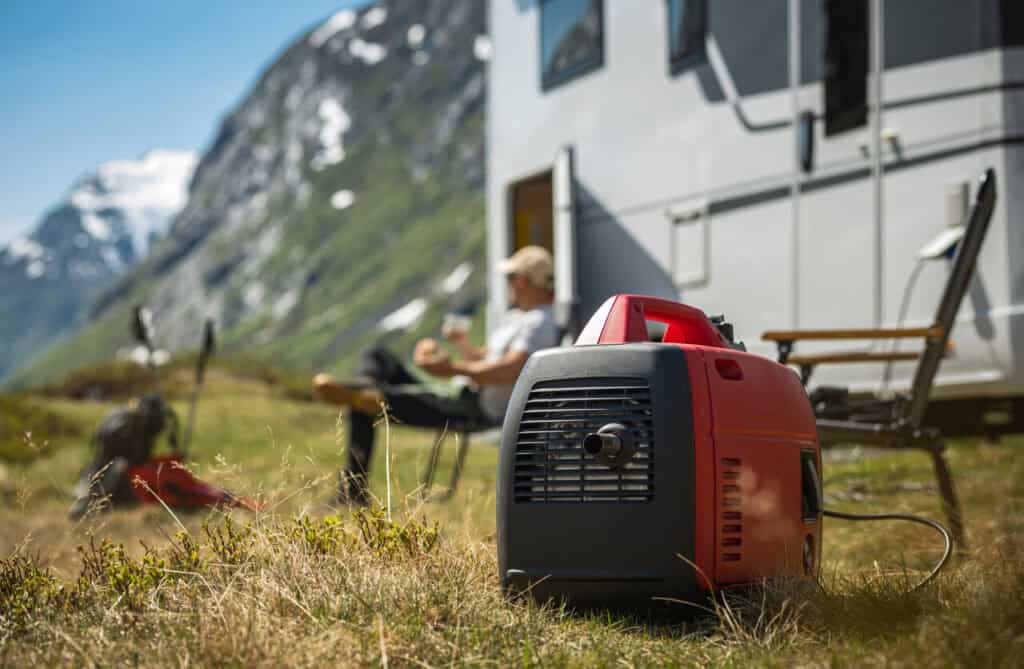
Generators can feel like lifesavers when you need power, but running them during posted quiet hours creates major tension in a campground. Most places set rules between 10 p.m. and 6 a.m. so everyone can sleep without loud engines humming nearby. If you ignore those hours, you’ll almost always get complaints and could even face penalties. Instead, charge batteries ahead of time or invest in solar panels for quiet power. Following quiet hours not only prevents conflict but also shows respect for your neighbors who want peace.
4. Parking Outside of Marked Boundaries
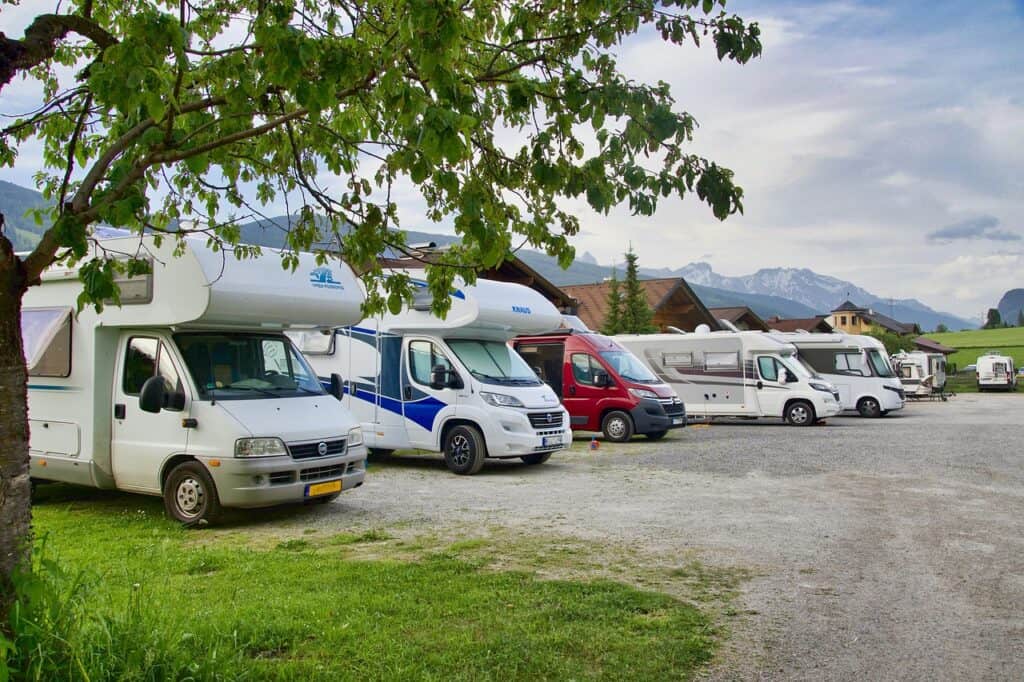
RV sites are designed with space and safety in mind, and stretching beyond your boundaries can disrupt others more than you think. Extending slides into a neighbor’s zone, leaving chairs on shared paths, or parking a vehicle across the line can block access and create frustration. In some campgrounds, it’s even a violation that results in a warning. Before setting up, double-check your site markers and make sure you’re fully inside. Staying within your space keeps everyone comfortable and avoids potential conflicts or awkward conversations later.
5. Speeding Inside Campgrounds
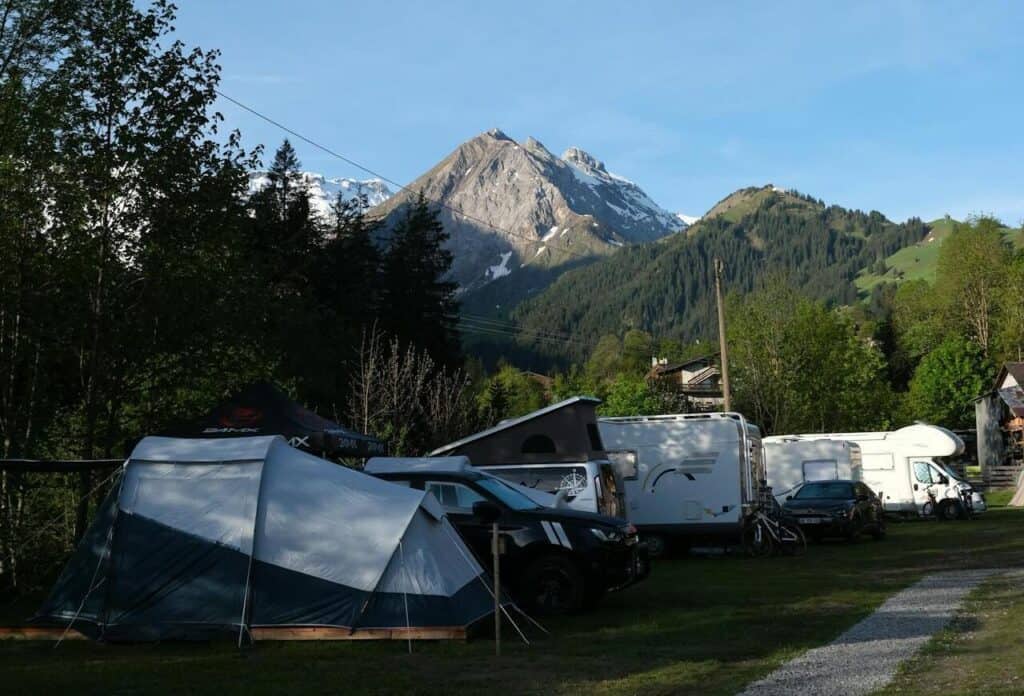
It’s easy to overlook speed once you’re off the highway, but campgrounds often have limits as low as 5 mph for a reason. Kids play in the roads, pets wander, and people walk between sites constantly. Driving too fast in those areas puts lives at risk, and campground hosts won’t hesitate to remind you. Slowing down may feel frustrating after long hours of driving, but safety always comes first. Think of campground roads like crowded neighborhoods. Keeping your speed low protects everyone and sets the right tone for your stay.
6. Leaving Trash Behind
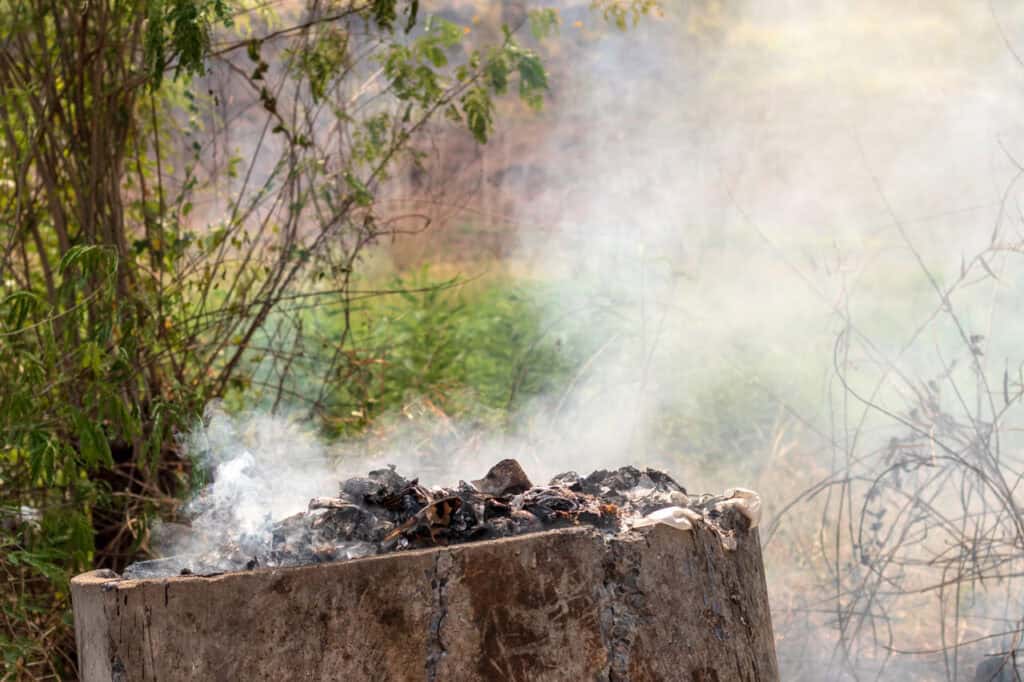
Many campers assume leaving trash bagged by the fire pit is harmless, but that habit creates real problems. Overflowing bags attract raccoons, bears, and other wildlife that can endanger people and animals. Some campgrounds even close temporarily when waste issues get out of control. Always use proper bins, and if they’re full, pack your trash out instead of leaving it behind. Responsible waste disposal keeps parks open and safe for everyone. It’s a small effort that makes a big difference in protecting natural spaces and other campers.
7. Washing Your RV at the Campground
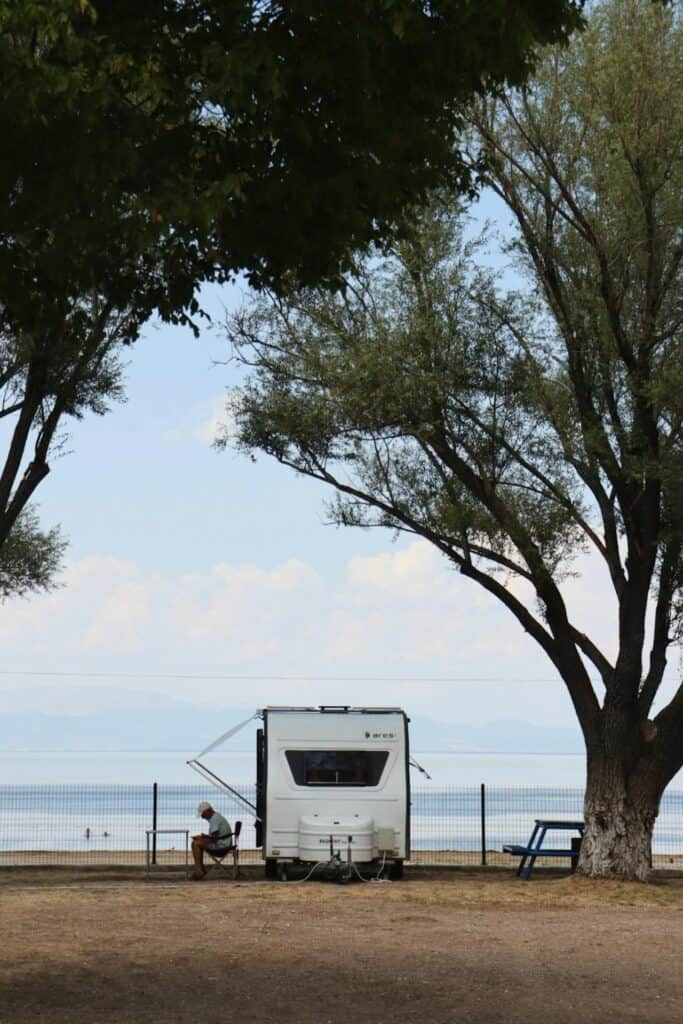
Spraying down your RV at your campsite might feel efficient, but most campgrounds prohibit it for good reason. Washing uses huge amounts of water, creates muddy runoffs, and can harm landscaping or disturb neighbors. Some campgrounds will fine you for doing it. If you want to clean your RV, wait until you find a proper wash station or RV facility where it’s allowed. Keeping your rig shiny is fine, but respecting campground rules and saving washes for designated places ensures you’re not hurting the environment or breaking policies.
8. Not Securing Food Properly
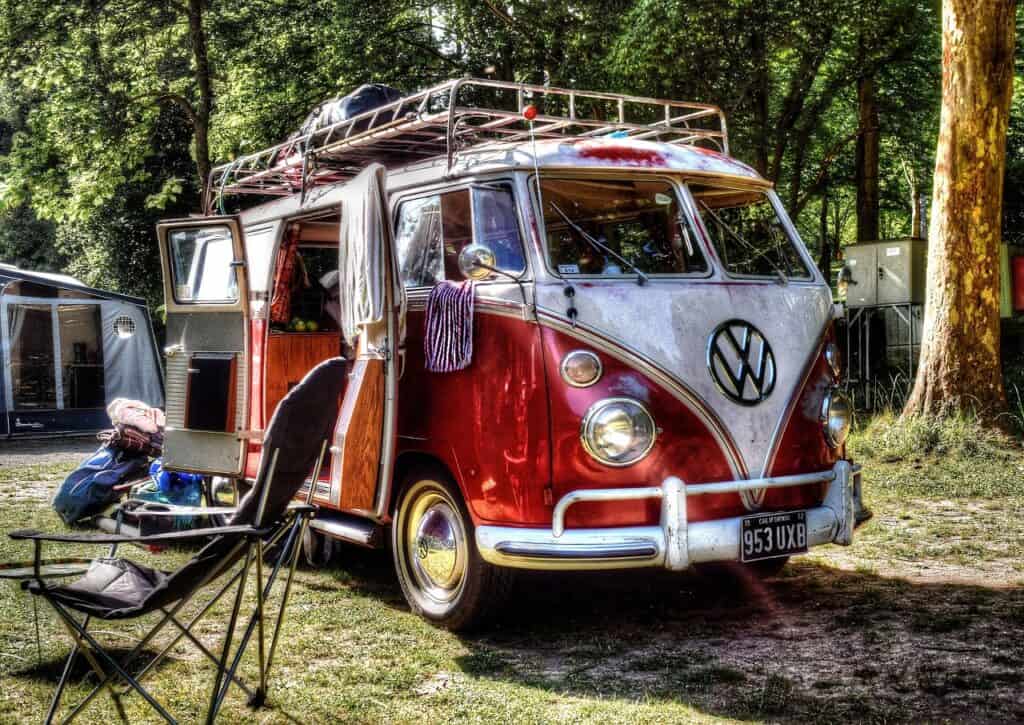
Leaving food outside, whether it’s a cooler or leftovers on a picnic table, is one of the easiest mistakes to make but also one of the most dangerous. Even in campgrounds without bears, raccoons, squirrels, and stray pets can raid your supplies. Some parks have strict rules requiring food storage in sealed containers or inside RVs, and breaking those rules can lead to fines or warnings. Taking a few minutes to pack things up at night prevents bigger problems and keeps both people and wildlife safe.
9. Blocking Dump Station Access
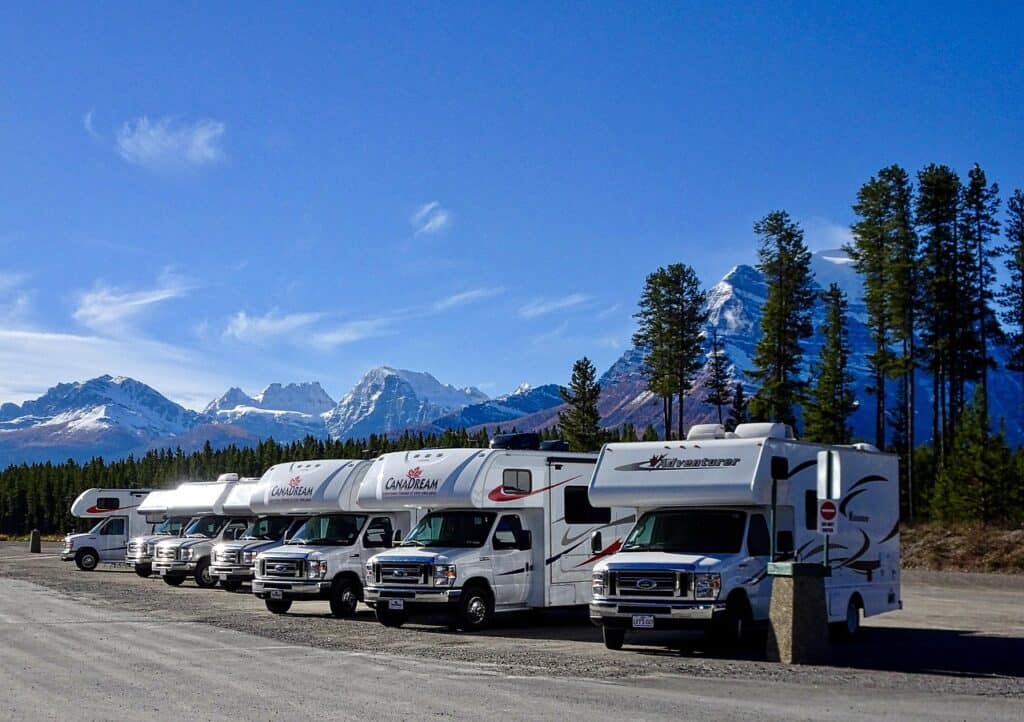
Dump stations are shared spaces, and one RV holding up the line can frustrate everyone else waiting. Common mistakes include pulling in without hoses ready, leaving to run errands, or taking extra time cleaning when others are stuck behind you. The rule is simple: treat dump stations like gas pumps. Get your supplies prepared before pulling in, dump efficiently, and move on so the next person can use it. Being considerate at dump stations keeps things flowing smoothly and prevents unnecessary tension between travelers.
10. Forgetting to Check Weight Limits
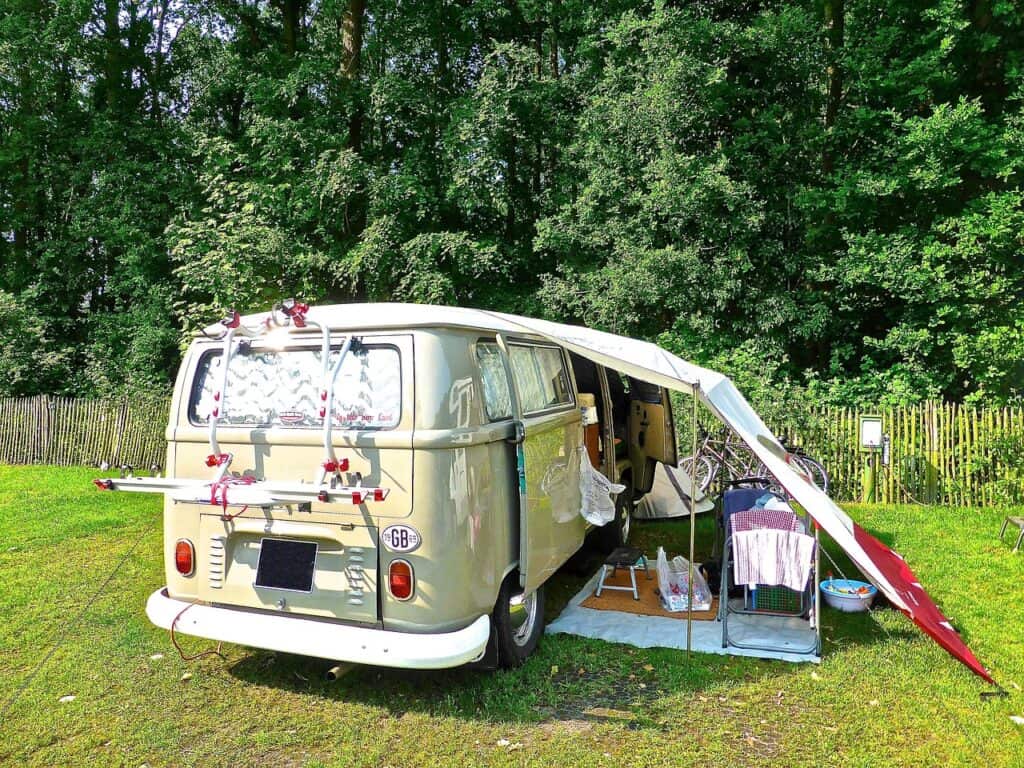
RV weight isn’t just a technical detail it directly affects your safety. Overloading your rig stresses the brakes, suspension, and tires, making accidents more likely. Many people never weigh their RV, but a certified scale is the only way to be sure you’re compliant. Even weight distribution matters, since heavy loads in the wrong place can throw off handling. Don’t assume everything is fine just because the RV looks stable. Take time to weigh your setup, know your limits, and avoid dangerous situations before hitting the road.
11. Running Awnings During Bad Weather
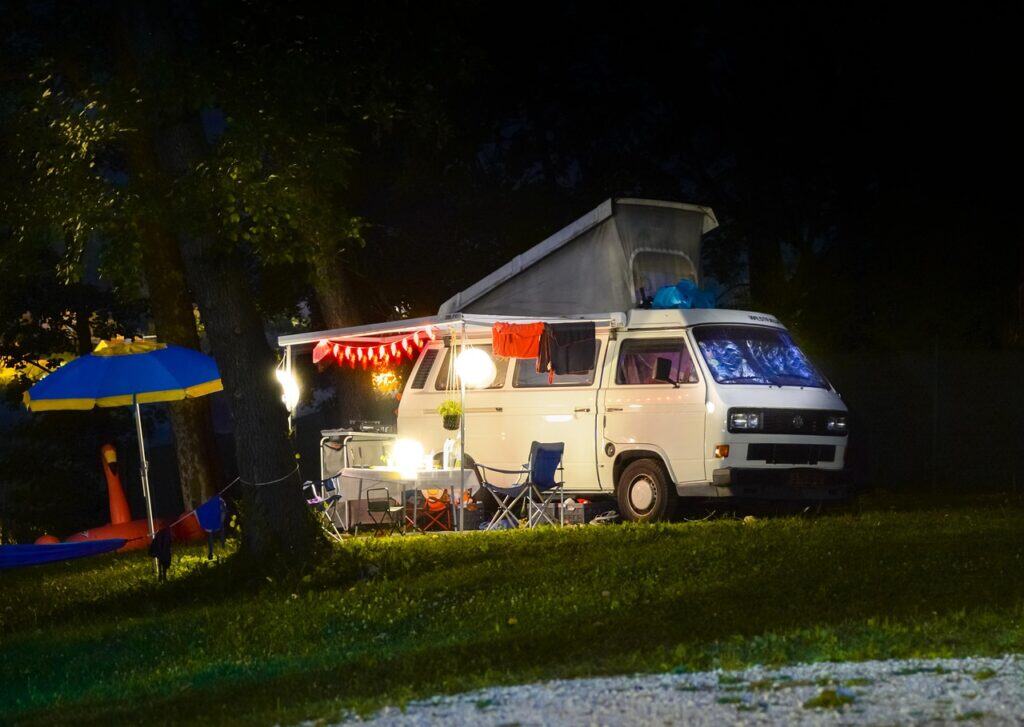
An RV awning may seem sturdy, but leaving it out during high winds or storms is risky. Strong gusts can twist metal frames or rip the entire awning off, leaving you with expensive repairs and possibly damaging nearby rigs. That’s why many campgrounds remind guests to retract awnings at night or during storms. It takes only a minute to roll it up, and it prevents serious accidents. A little caution goes a long way toward protecting your RV and avoiding unnecessary damage during unpredictable weather.
12. Not Picking Up After Pets

Bringing pets makes trips more fun, but failing to clean up after them is one of the fastest ways to anger other campers. Most campgrounds require pet owners to pick up waste immediately, and ignoring that rule can lead to fines or even bans. Leaving it behind isn’t just unpleasant, it spreads bacteria and harms the environment. Always carry bags on walks and dispose of them in the right bins. Doing so shows respect for your neighbors and helps ensure pets remain welcome in RV parks everywhere.
13. Using Firewood from Outside the Area
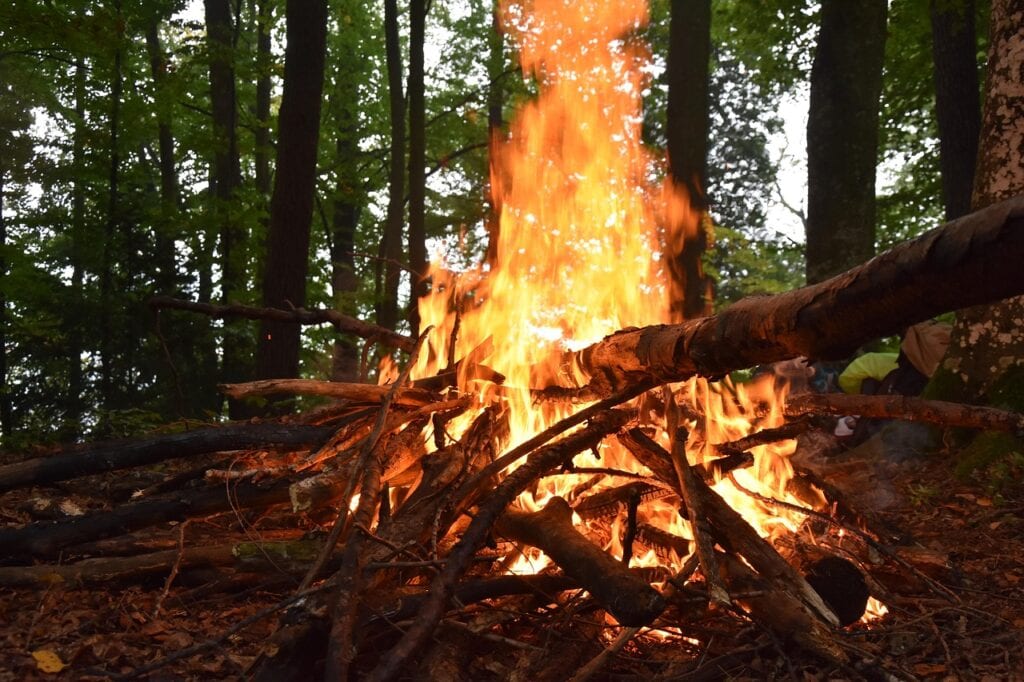
Bringing firewood from home feels convenient, but it spreads invasive insects and plant diseases that damage forests. That’s why many parks now ban outside firewood and encourage buying from local sources. You might not see the harm right away, but one load of infested wood can introduce pests that wipe out entire tree populations. It’s a serious issue with long-term consequences. Always buy wood from the campground or a nearby vendor. Spending a few extra dollars is worth protecting the places you came to enjoy.
14. Forgetting Road-Specific RV Laws
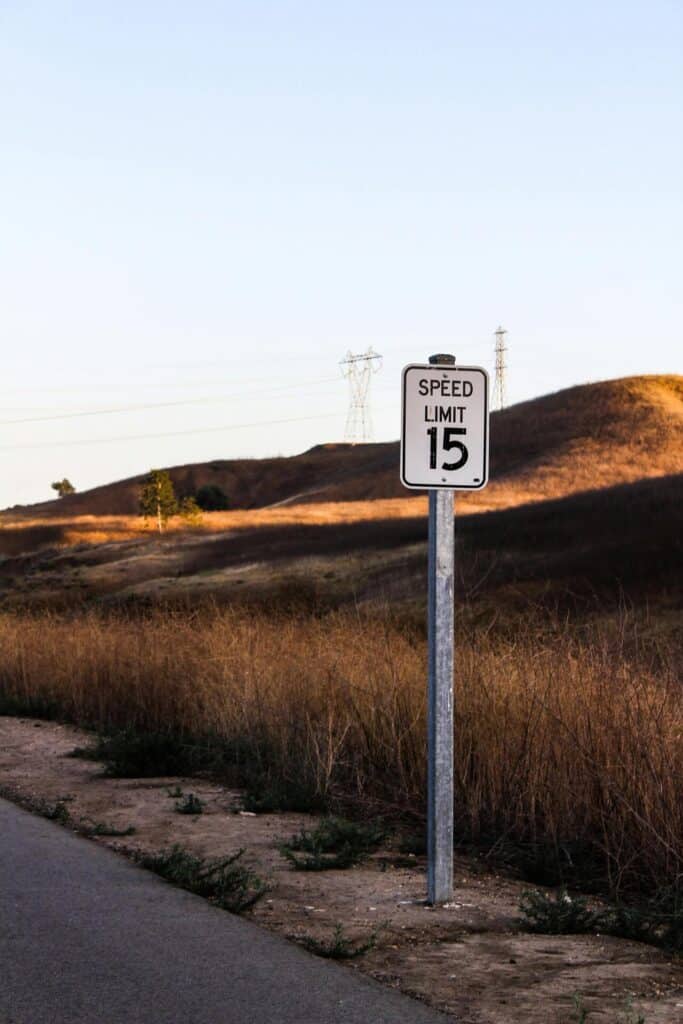
RV laws aren’t the same everywhere, and crossing state lines without checking can get you into trouble. Some states have stricter towing speed limits, specific brake requirements, or maximum length restrictions that many RVers overlook. Law enforcement can issue fines if you’re not compliant, even if it’s accidental. Before traveling into a new state, take time to review the rules. A little research prevents surprises on the road and keeps your trip safe and legal. Staying aware of local regulations helps you travel confidently and avoid setbacks.